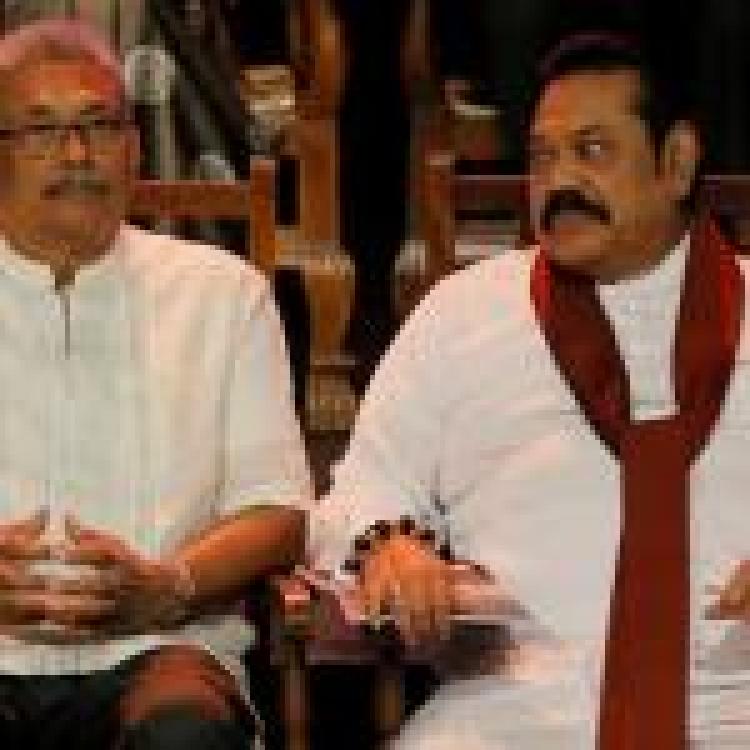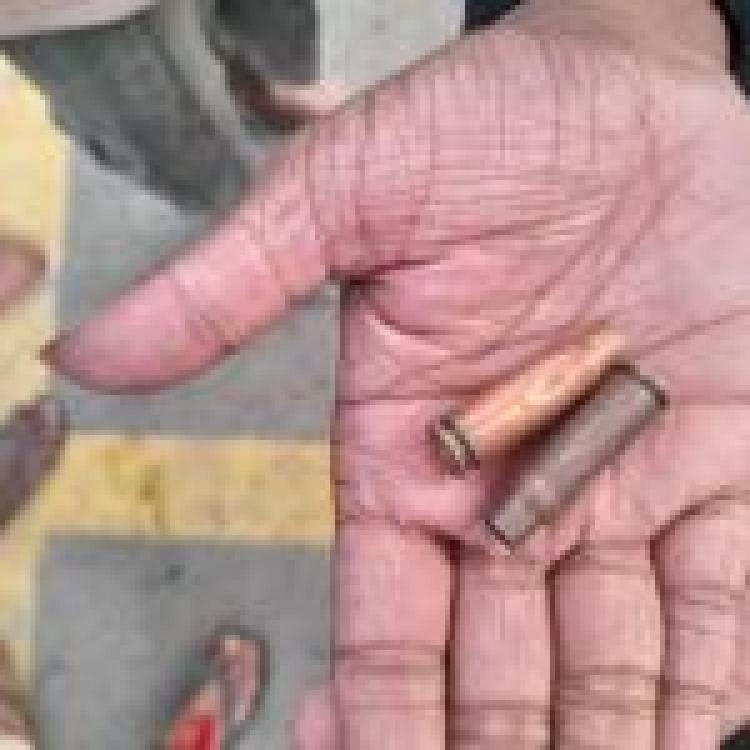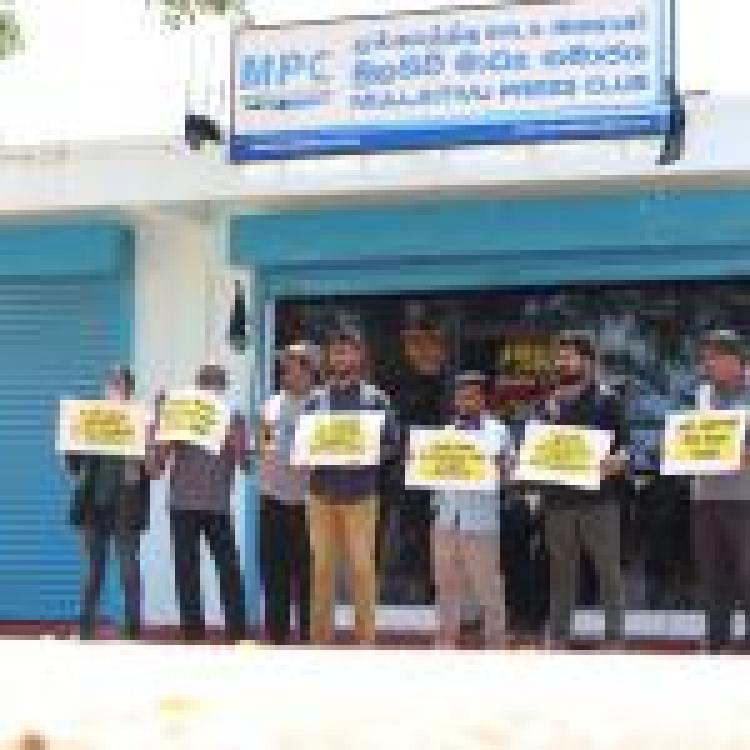![]()
The International Commission of Jurists (ICJ) released a statement condemning the use of excessive force by Sri Lankan law enforcement against protestors, adding that “police and other law enforcement officials have failed to respect people’s human rights, including their rights to protest”.
On 19 April police used live ammunition on demonstrators killing one man and leaving 14 others injured. Protestors were gathered in Rambukkana in response to new fuel price increases. As Sri Lanka faces its worst economic crisis since independence thousands have been protesting the government for its economic mismanagement that has left the island without essentials.
The ICJ denounced the use of live ammunition as a means to control protests, emphasizing that Sri Lankan officials “are bound by international human rights and law standards.” And as such the use of force by law enforcement must “be exceptional, necessary and proportionate.”
Saman Zia-Zarifi, Secretary-General of the ICJ, has called for an investigation “into the shooting incident at Rambukkana [to] be in compliance with Sri Lanka’s international legal obligations.”
Sri Lanka has a history of human rights violations, particularly against Tamils in the North-East. Victims of these abuses have yet to see justice, and the alleged war criminals including Prime Minister Mahinda Rajapaksa and President Gotabaya Rajapaksa have enjoyed impunity. The state has previously ignored numerous calls to follow international accountability and justice processes.
In their statement, the ICJ also emphasizes a concern for “several other human rights violations that have taken place over the course of ongoing protests in Sri Lanka”. The ICJ cites the use of tear gas and water cannons to disperse protesters, as well as the abuse of journalists by law enforcement.
Sri Lanka is facing pressure from numerous figures and groups in the international community, US Ambassador Julie Chung and the United Nations have called for authorities to uphold people’s freedom of assembly.




